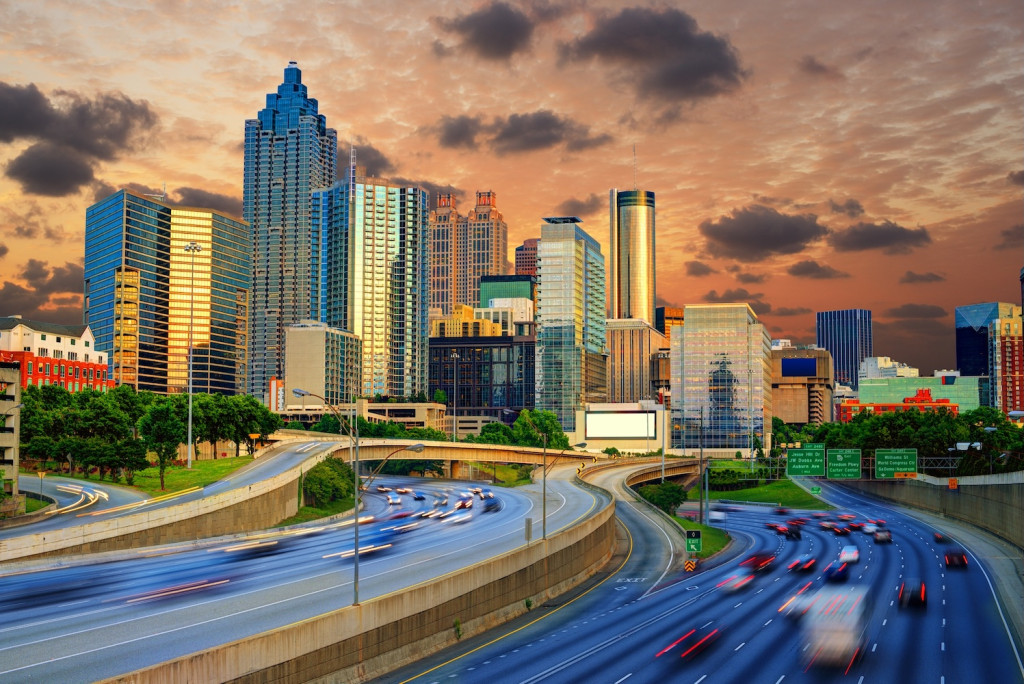A new report from the Atlanta Journal-Constitution presented harrowing statistics on the inequalities that exist in America’s Blackest city. Last week, AJC’s Mirtha Donastrong deep dived into ATL’s finances, and the picture wasn’t too pretty.
Black businesses earn just 17 cents for every dollar other businesses make. It’s a pretty damning figure, especially considering that Black entrepreneurs maintain the highest number of businesses – over 13,000 – in the United States.
But quantity doesn’t equate to equality, and the city has fallen short when it comes to opportunities and earning potential for its diverse business owners. Donastrong notes that Atlanta has yet to reach parity: while Black residents make up 37% of the city’s population, only 11% of its firms are Black-owned.
Atlanta still leads in several economic categories when it comes to race, but that advantage, along with its cultural makeup, is changing rapidly.
As gentrification sweeps the city, the major factor that once contributed to its growth has shifted dramatically. While more than five million people live in the metropolitan area, only about half a million actually live within the city limits.
Atlanta is still growing, but that growth has slowed over the past five years.
Three reasons for this declining growth, according to Gregory Randolph of the Saporta Report, are closely connected: income inequality, the end of cheap land, and the lack of efficient mass transit.
All of these factors directly affect the capabilities and potential of Black businesses at large.
Atlanta is still leading the charge when it comes to Black organizations, but will it end the decade as strongly as it began? Only time will tell.




